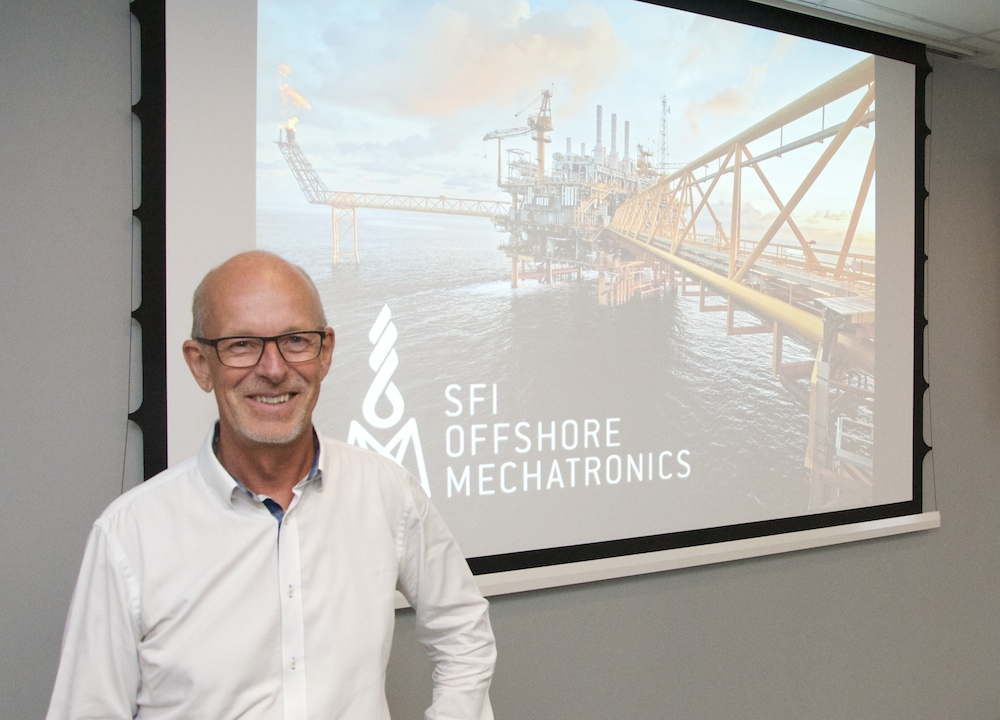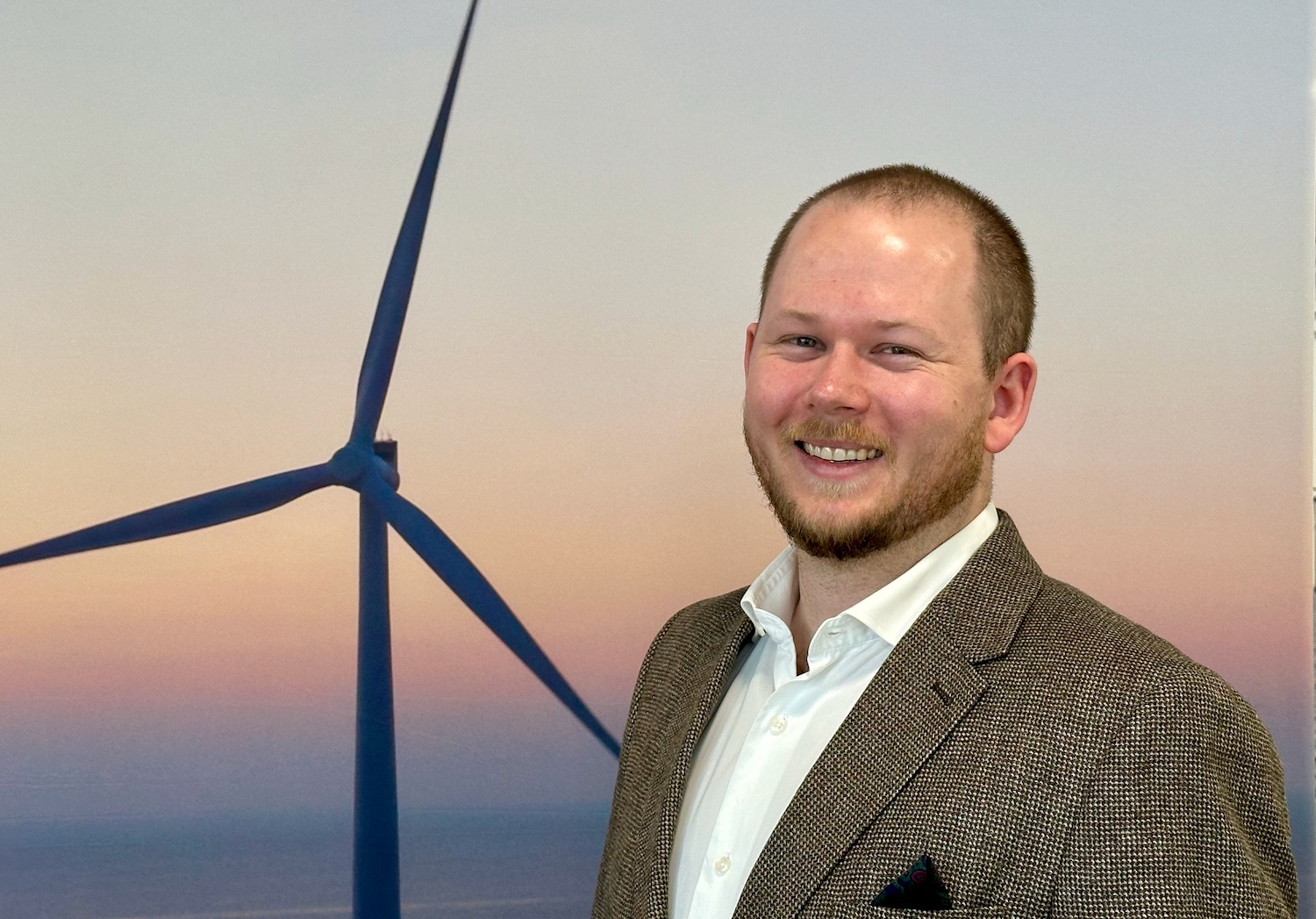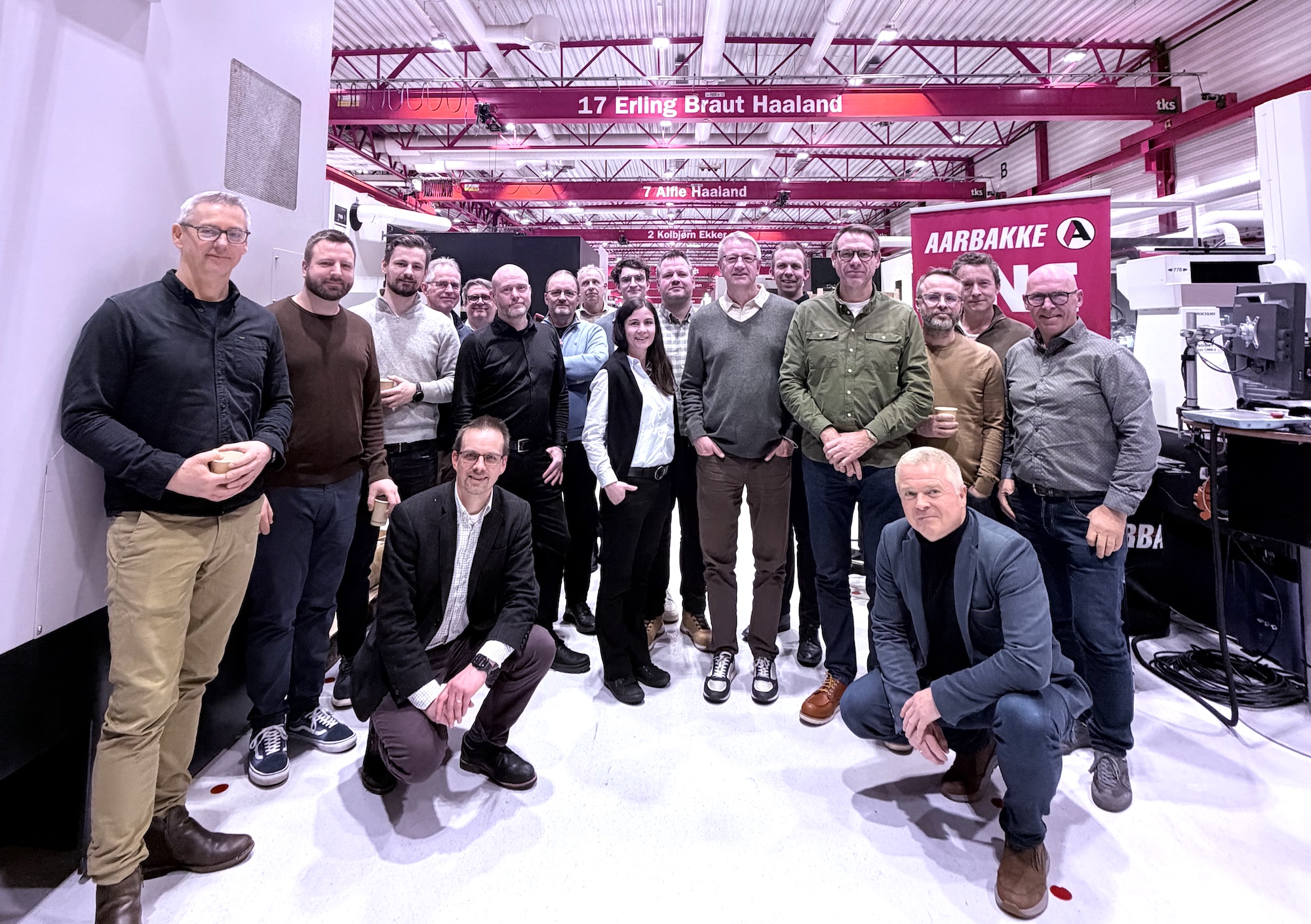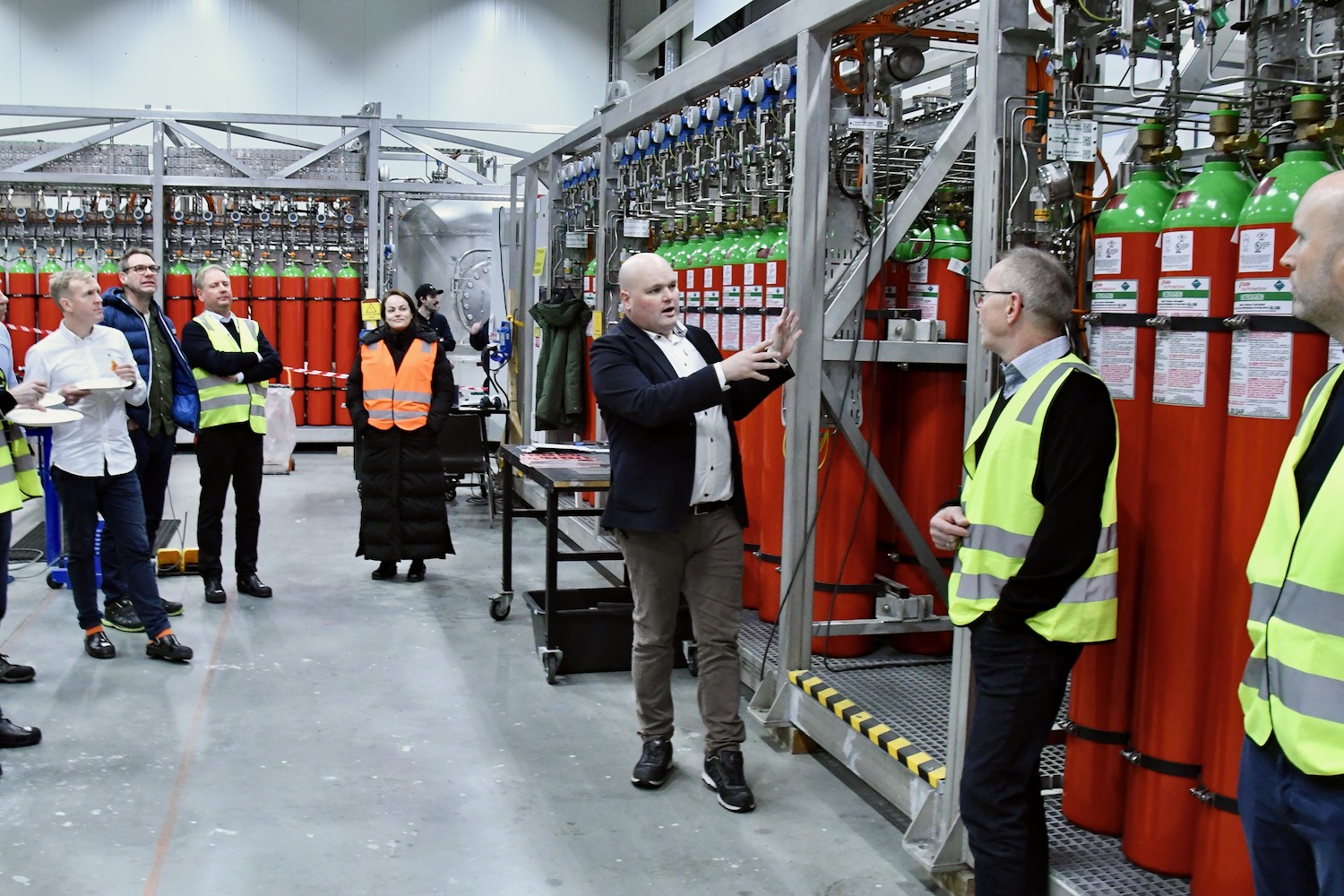Entering its third year, the MNOK 200 research program continues to hire PhDs for its seven work packages.
“We got off to a good start due to the downturn in the oil and gas market, which – sadly for the industry – saw a lot of talented people leave. However, this provided us with an opportunity to hire some very qualified people that would otherwise have been hard to come by, and that were likely to leave the region, the industry or both,” says Leif Haukom, Chairman of the Board of the SFI Offshore Mechatronics.
8 of the PhD candidates are at the University of Agder, 6 are at the Norwegian University of Science and Technology in Trondheim and 2 are at Aachen University in Germany. Additional PhD candidates are to be hired, also at Aalborg University in Denmark.
Haukom reports that all work packages are on track.
“I am very pleased with the progress we are making. There is a strong interest in participating in reference groups, which tells me that the research that is being done is both relevant and interesting for the industry. Our goal is to come up with groundbreaking products and services with a short time-to-market,” says Haukom.
The SFI Offshore Mechatronics aims to develop the next generation of advanced offshore mechatronics systems that are needed for fully automatic operation of topside drilling systems under the control of land-based operation centers. In addition, it aims to develop condition-based monitoring systems to ensure safe, cost-effective and reliable operations.
The next major goals for the development of topside drilling systems are significantly increased drilling efficiency and fully automatic drilling. This will require a number of technological innovations that are addressed by the Offshore Mechatronics Center.
In particular, there will be a need for automatic multi-machine control, improved wave motion compensation, increased use of electrical actuators, and computer vision systems. In addition, innovative development tools must be created including simulation systems, and efficient software development, data analytics and validation techniques. Finally, to secure safe and reliable operations, the accumulation of a specific knowledge base for offshore equipment will be essential for diagnostics, fault tolerance and condition-based monitoring of in-service equipment.
GCE NODE is a participant in the research program and also in charge of one of the seven work packages. WP7 Technology Vision is an open arena for future trends, barriers and opportunities, which ensures that continuous strategic adjustments are made during the 8-year period of the center.
SFI Offshore Mechatronics work packages:
WP1: Environment-Friendly Electro-Hydraulic Actuators (Uni. of Agder)
WP2: Motion Compensation (NTNU)
WP3: Robotics and Autonomy (Uni. of Agder)
WP4: Modelling and Simulation (Uni. of Agder)
WP5: Monitoring Techniques (Teknova)
WP6: Data Analytics, IT Integration and Big Data (Uni. of Agder)
WP7: Technology Vision (GCE NODE)
SFI Partners:
University of Agder, Aalborg University, NTNU (Trondheim and Aalesund), RWTH Aachen, International Research Institute of Stavanger (IRIS), Teknova, GCE NODE, ABB, Applica, Bosch Rexroth, Cameron, Egde Consulting, Klüber Lubrication, Lundin Norway, MacGregor, MHWirth, National Oilwell Varco, Skeie Technology, Stepchange



